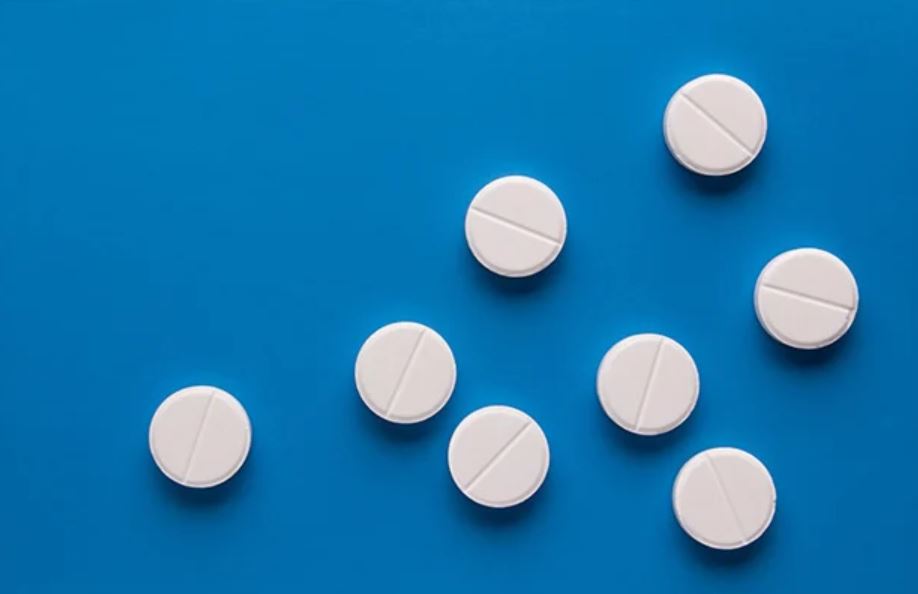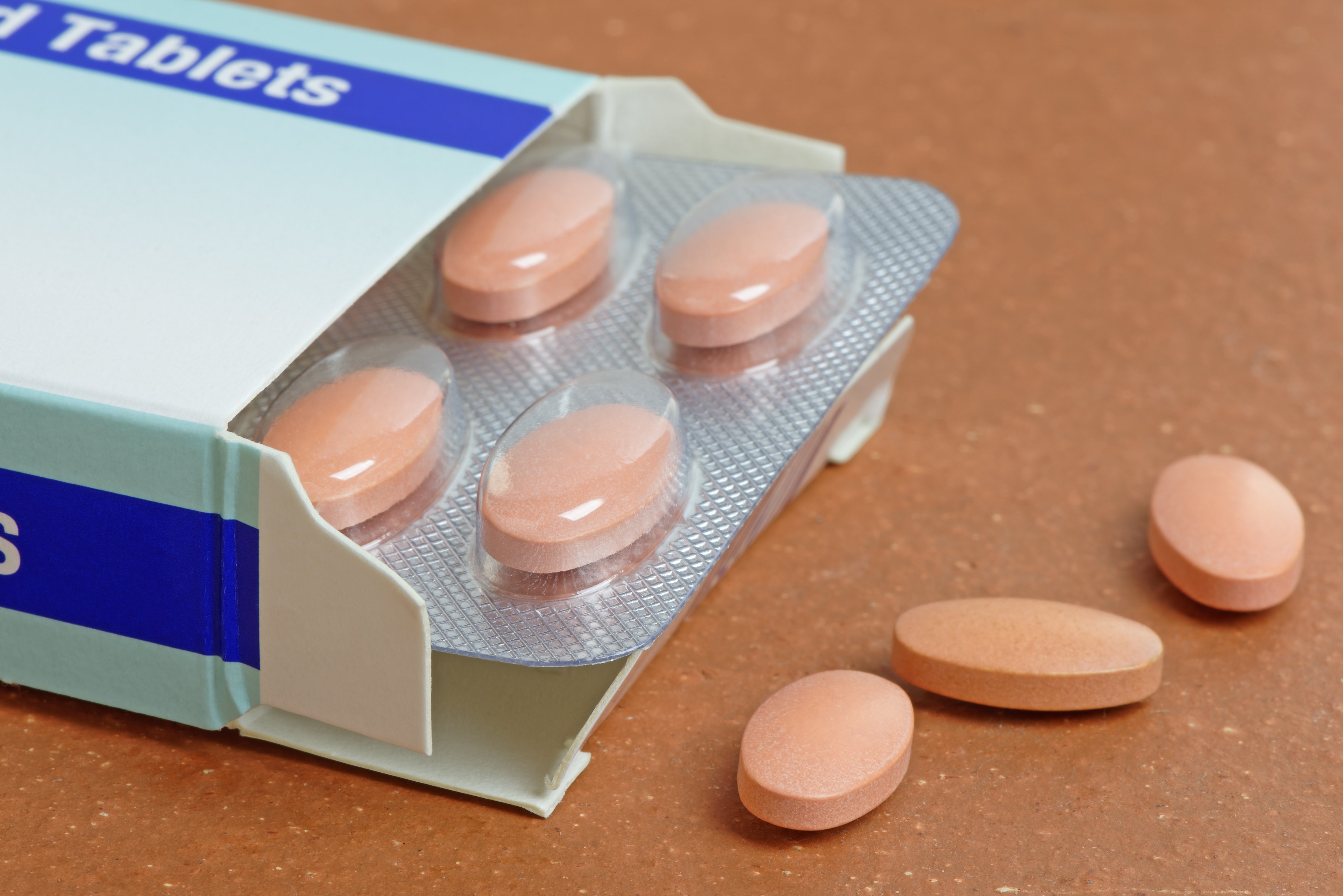
Medicines for heart conditions
Medicines can help keep your symptoms under control, and prevent or treat a heart condition.

Medicines can help keep your symptoms under control, and prevent or treat a heart condition.

Statins are used to lower the level of cholesterol in the blood and protect the insides of the artery walls.
Coronary angioplasty involves using a balloon to widen your coronary arteries and then inserting a stent (a small metal mesh tube).
Coronary or heart bypass surgery relieves chest pain by improving blood flow to the heart.
Heart surgery can help repair problems with your heart. This can help improve any symptoms you have and help you to live a longer life.
A heart transplant is when a damaged heart is replaced by a healthy heart from a donor.
Heart valve repair surgery is a type of surgery to fix a heart valve that’s not working properly.
If you have a heart valve disease, you may need surgery on your heart valve, which can greatly improve your quality of life.
If you're not well enough to have heart valve surgery, you may be given a TAVI procedure instead.
Ablation, also known as catheter ablation, aims to control or correct certain types of abnormal heart rhythms.
Cardioversion aims to get your arrhythmia back to a normal pattern, by sending electric signals to your heart.
An ICD is a small device which can be used to treat extremely fast heart rhythms.
A pacemaker is a small electrical device, fitted in the chest or abdomen. It is typically used to treat some abnormal heart rhythms.
Our cardiac nurses are there to help answer any questions you may have about heart and circulatory diseases.
Heart Matters is your guide to heart health. Discover other people's stories of living with heart and circulatory diseases, plus expert advice.
Join our free online community, Health Unlocked. If you’re affected by heart disease, you can get support from other people in similar situations.